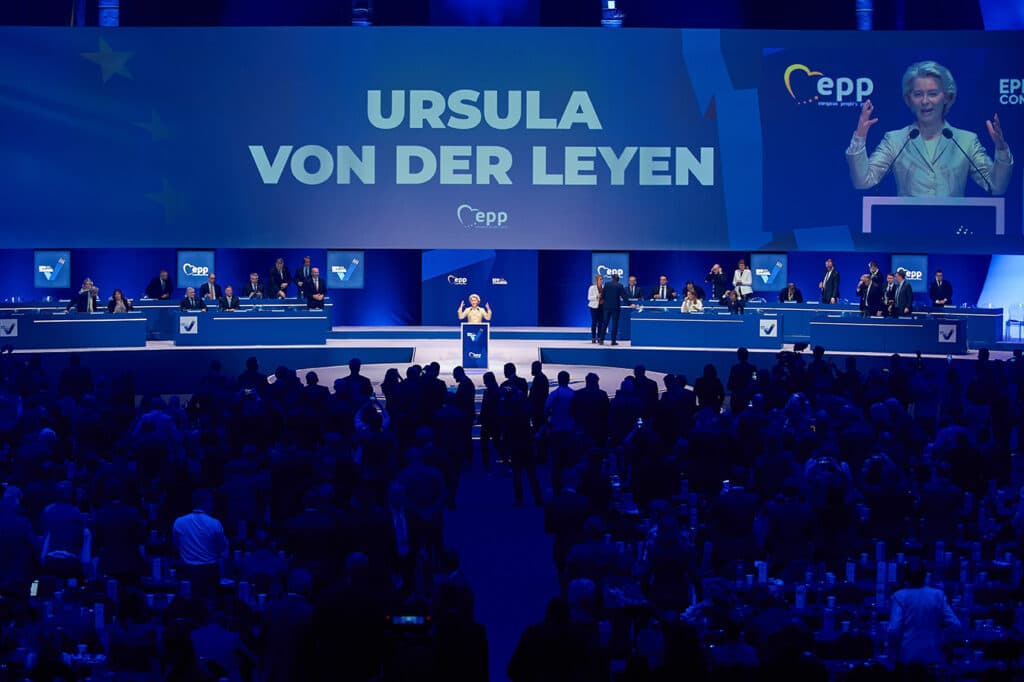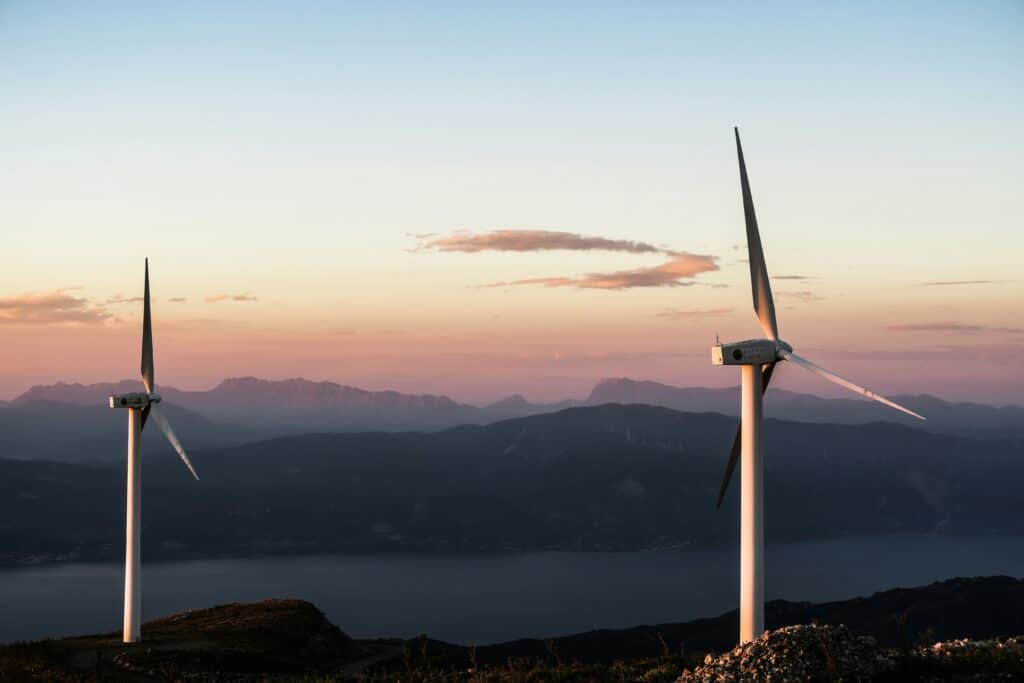Tolouse School of Economics, together with Climate Economics Chair has launched a call for an amibitious and credible climate agreement in Paris. The call has already been signed by top economists and academics; The list of signatories includes the Nobel Laureates J. Tirole, K. J. Arrow and the Harvard Economists P. Aghion, M.L. Weitzman. The FSR Energy and Climate Directors are also signing the initiative.
Call for an ambitious and credible climate agreement in Paris
Climate negotiations at the United Nations have not substantively addressed the root cause of climate change from an economic perspective.
The climate is a planetary public good shared by all. Every ton of CO2eq (CO2 and other greenhouse gases) released destroys that resource in equal measure. A transition to low carbon economy requires policies that put a price on carbon, so that economic actors account for the damage to the climate from their emissions. If the Paris summit is to take any convincing action against the consequences of climate change, it has to build a cooperative structure with strong economic incentives, based on three principles:
Principle 1
All nations should ultimately face the same CO2eq price
Principle 2
Carbon pricing must incentivize universal participation
Principle 3
“Free-rider” behavior has to be hindered
The immense challenge of the COP-21 is to build a cooperative framework that is attractive to as many countries as possible. This framework’s credibility depends on designing economic incentives that have a global impact. The economists who have signed this call wish to map out feasible solutions by presenting public policy-makers with this shared assessment of the causes behind current obstacles faced by the negotiation.







